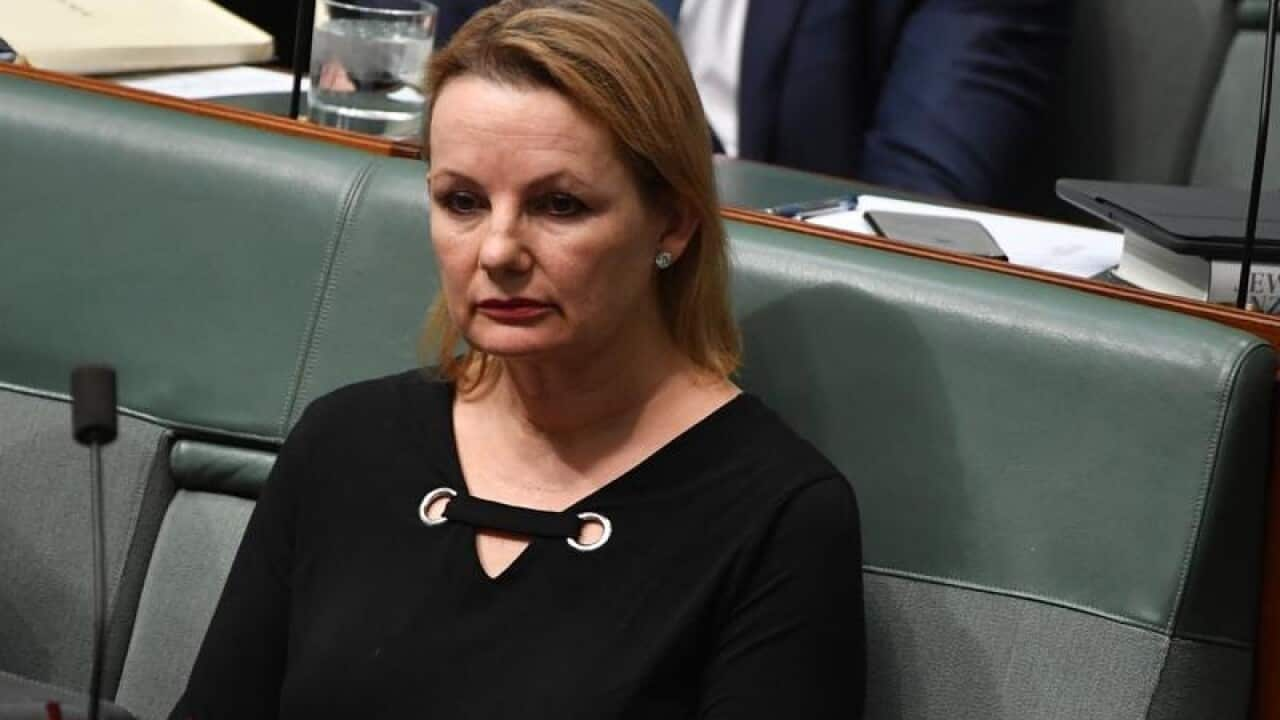A Liberal MP is pressing ahead with laws to ban live animal exports despite efforts by farming groups to convince her against it.
Sussan Ley met with the National Farmers Federation's Tony Mahar and WAFarmers' Tony York in Albury on Monday to discuss her plan.
The ban is gaining support on the Liberal Party backbench, but Nationals MPs insist it is the wrong way to approach it.
Mr York, whose state represents 85 per cent of the live sheep trade, told AAP after the meeting it was a chance to inform Ms Ley of the economic impact of any ban.
"The impact will be $80 million to $150 million in lost income a year for farmers in WA if we lost the live trade," he said.
Mr York described the MP as "very determined" to introduce her bill to parliament at the first opportunity.
The next private member's business session is scheduled for May 21.
Ms Ley said she remained "unpersuaded" by arguments in favour of long haul live sheep exports beyond any transition period for the industry.
"For decades the suffering of animals has underpinned the operating model of the live sheep trade," she said in a statement.
"Australians will no longer accept rural export industries with animal welfare practices that are inferior to those our farmers willingly comply with every day."
More processing in Australia would be a positive outcome for the country, she said.
The issue returned to the spotlight earlier this month when it emerged that 2400 sheep died from extreme heat during a voyage from WA to the Middle East in August 2017.
Footage of suffering sheep was provided to federal Agriculture Minister David Littleproud and later aired on the Nine Network's 60 Minutes program.
Three reviews are under way and the industry wants to see the results of these before any new regulation or laws are considered.
One idea being debated among rural groups is that of an Inspector General for the Welfare of Exported Animals.
But many farmers say this would add unnecessary bureaucracy and the process should be driven by industry.
Labor says it wants to work in a bipartisan way to improve animal welfare.

